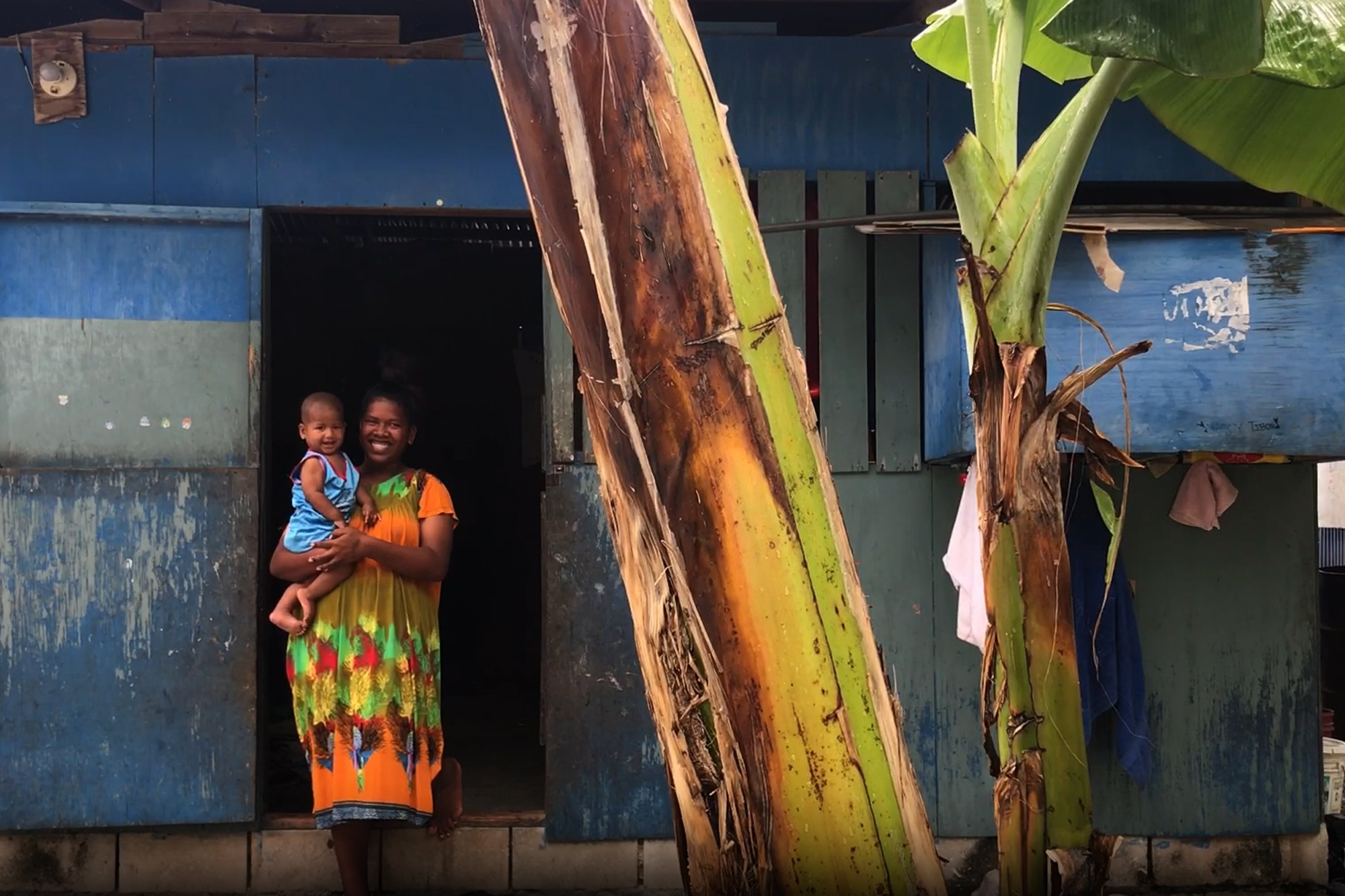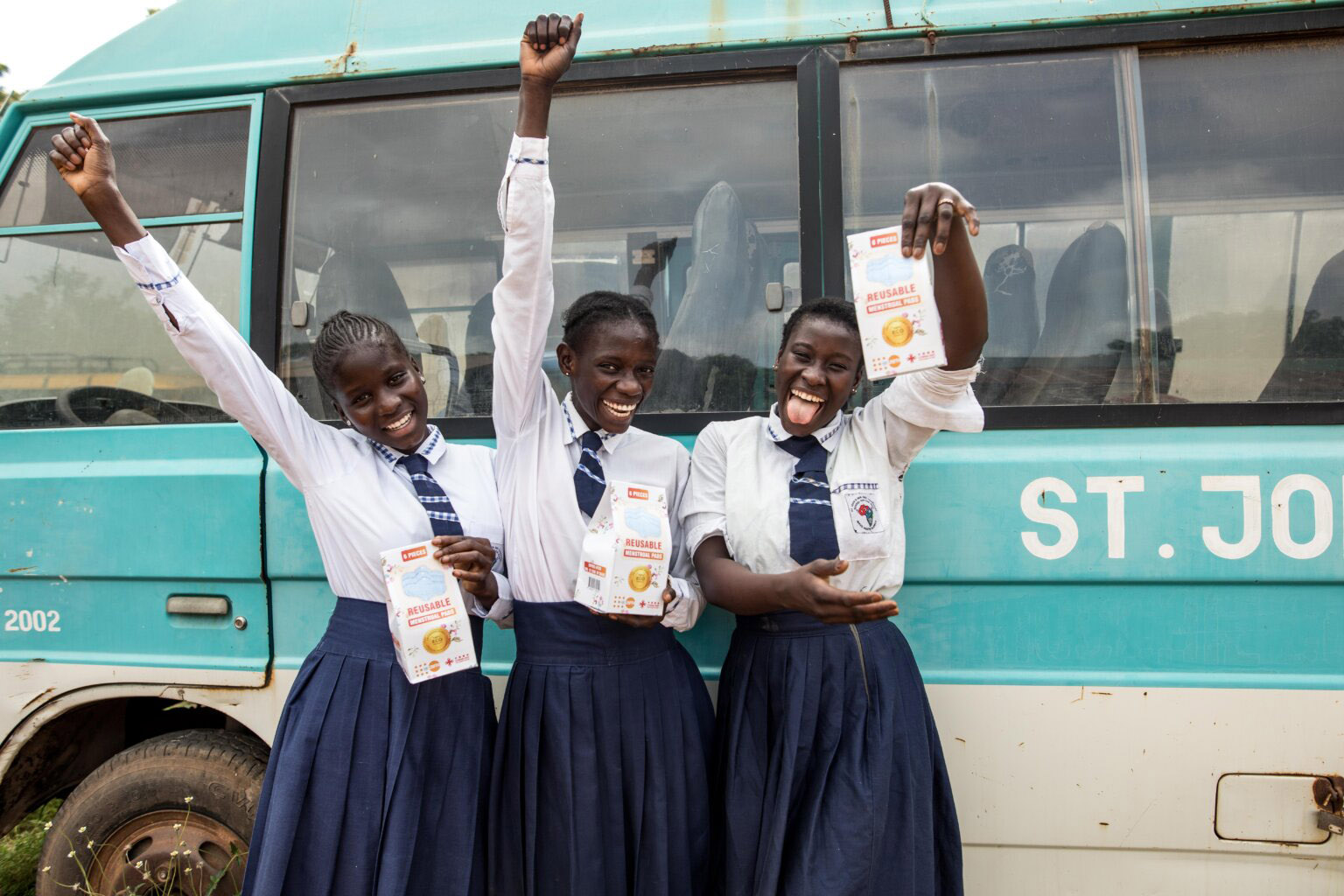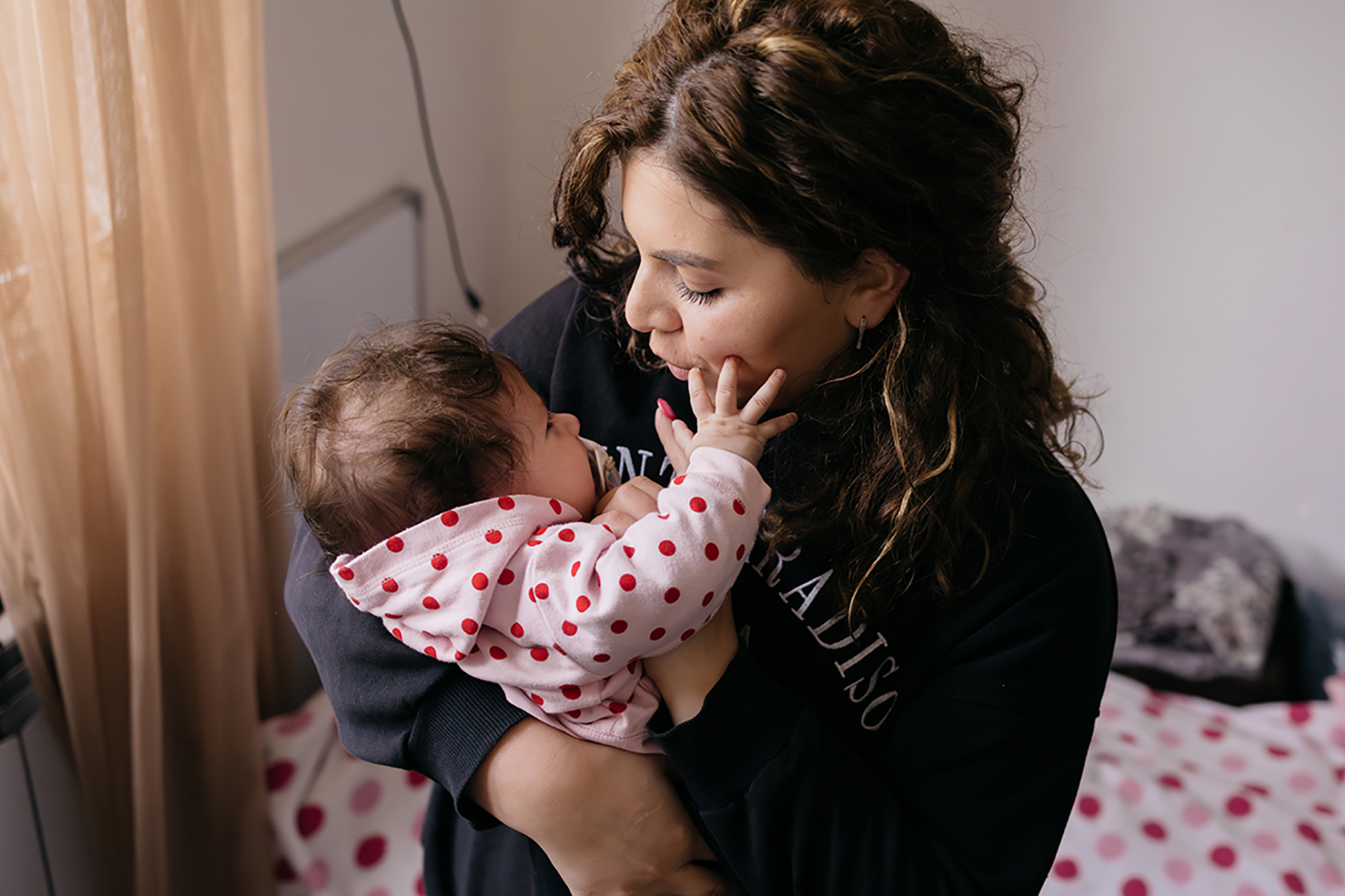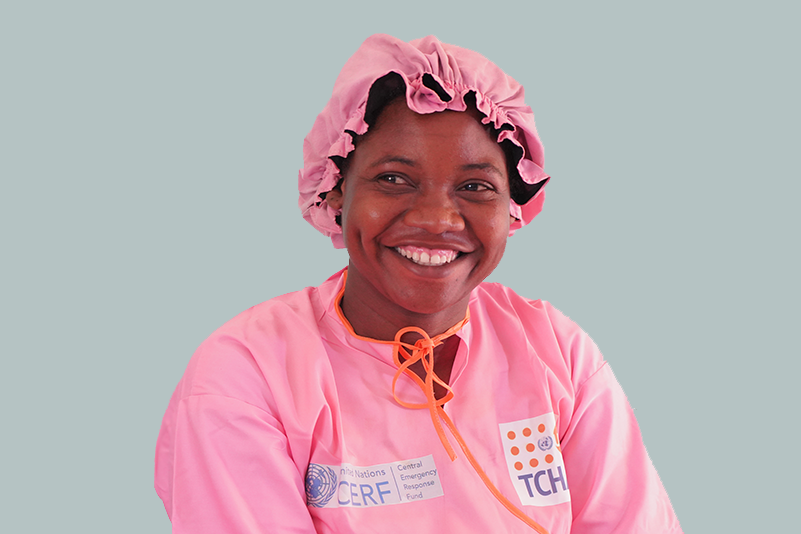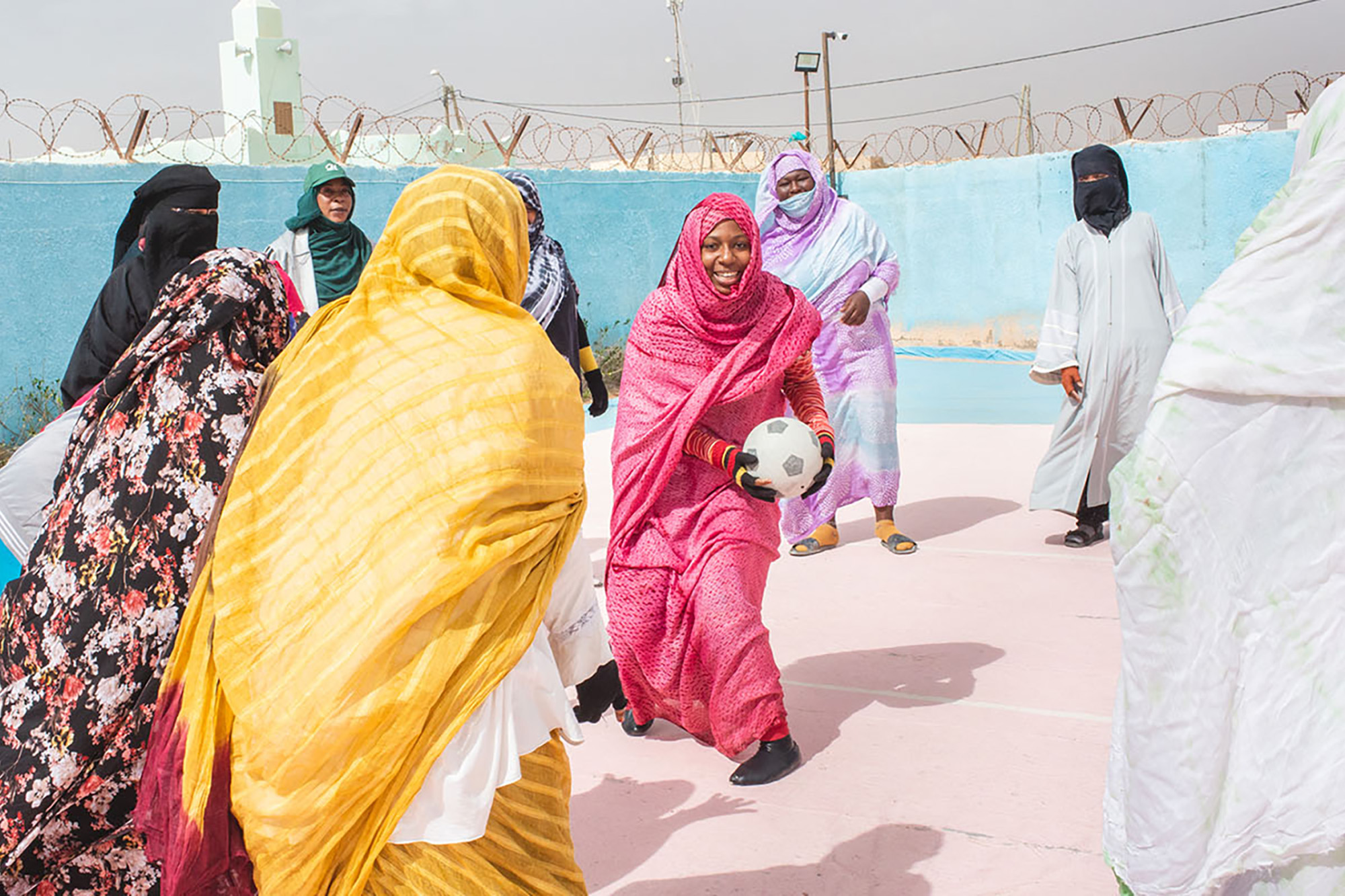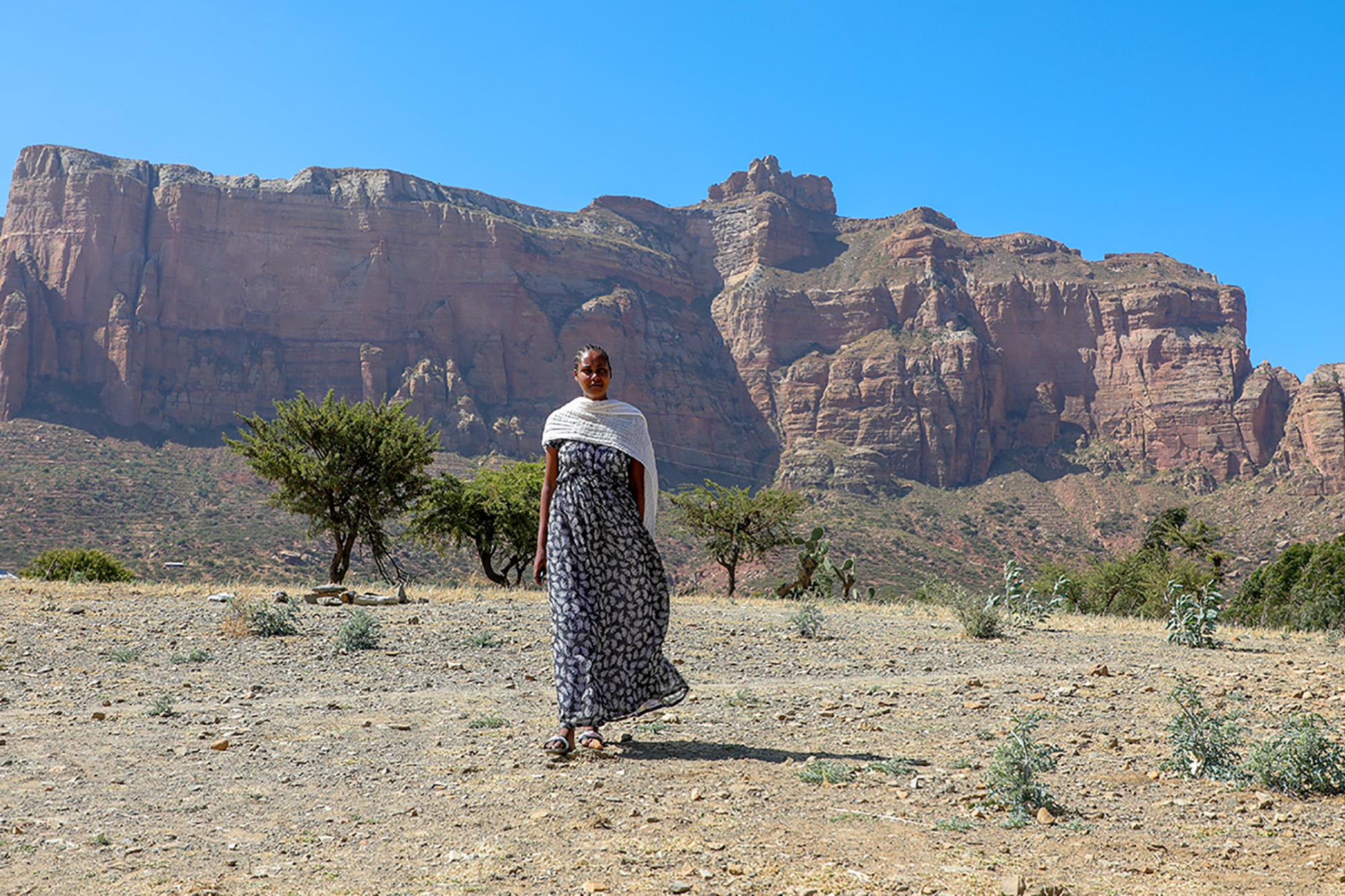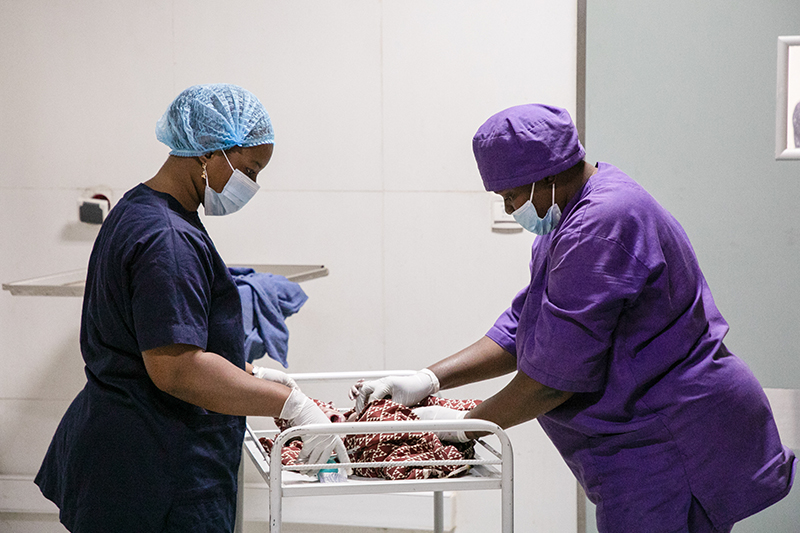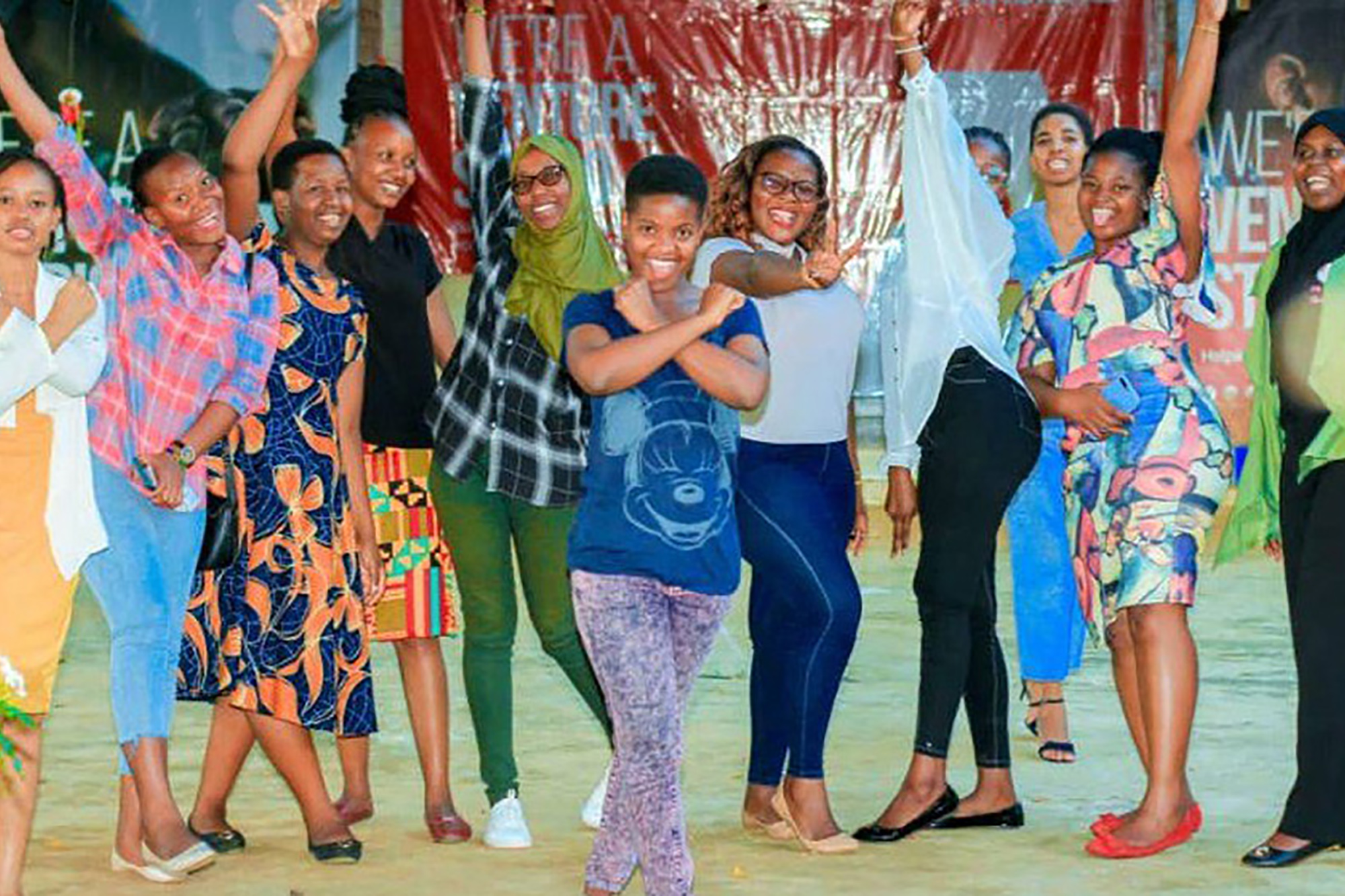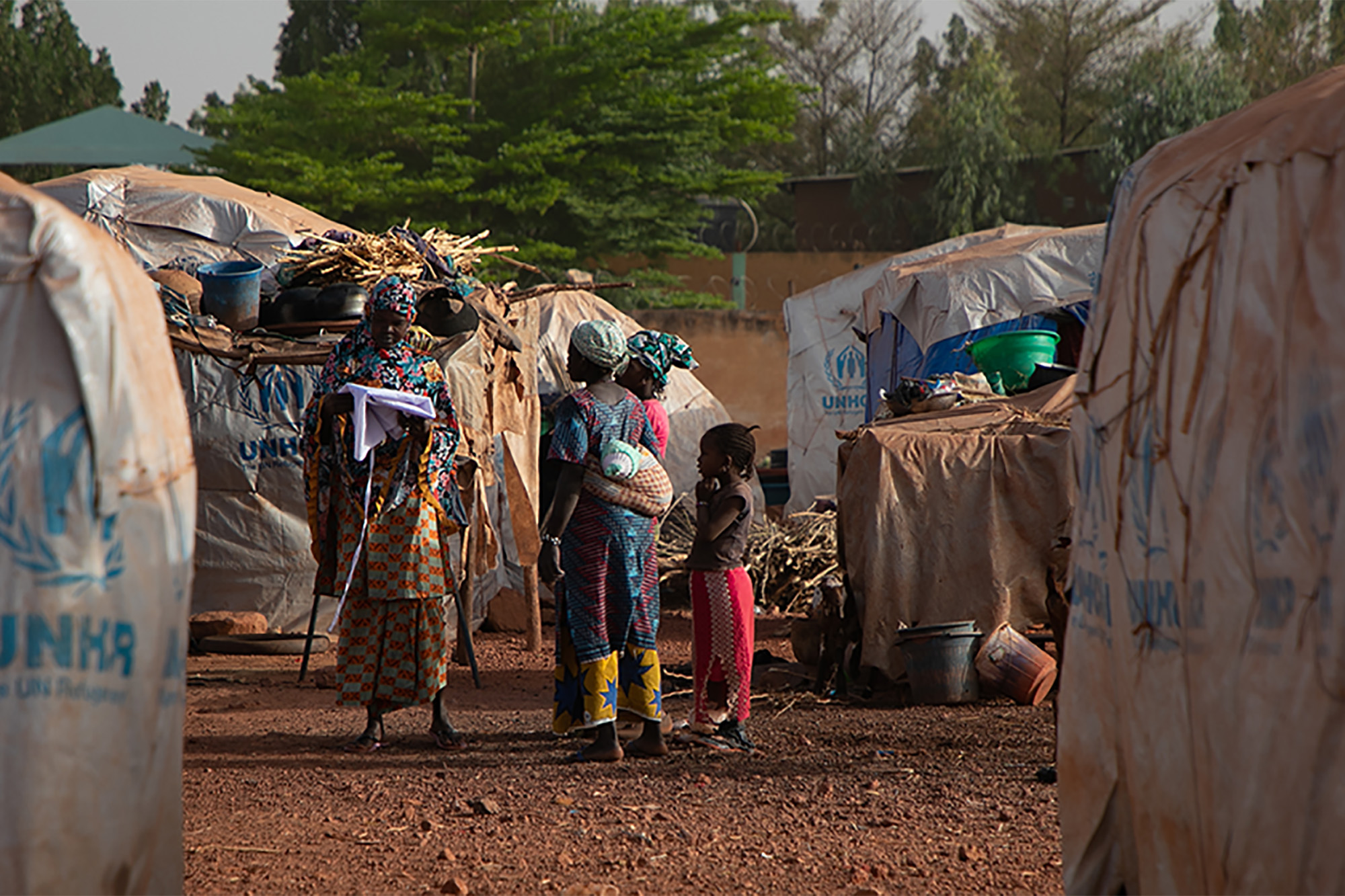The 65 million people living in Small Island Developing States (SIDS) are on the front lines of the climate crisis. Each climate-related disaster poses a risk to people’s lives, livelihoods, homes, safety, and access to services. This risk is not gender-neutral. Gender-based violence (GBV) increases during crises, while services, including GBV-support and maternal and newborn health care, are disrupted. UNFPA is responding to protect women and girls living on the climate crisis front line in the Pacific.
UNFPA
Menstrual health and hygiene are vital to the well-being and empowerment of women and adolescent girls. However, hundreds of millions of individuals lack access to menstrual products and adequate facilities for menstrual health. Under the theme "Together for a #PeriodFriendlyWorld," this year's Menstrual Hygiene Day (28 May) urges the international community to prioritize menstrual health in both global and national health and development policies with investment reflecting the important role it plays in human rights, public health, gender equality and sustainable development.
See how UNFPA—the United Nations sexual and reproductive health agency—is taking action to make motherhood safer at the International Medical Corps (IMC) field hospital in Gaza as the military assault on Rafah leads to more trauma and death: http://unf.pa/opt
In an ideal world, every mother-to-be would have access to a skilled midwife and could give birth in a safe and peaceful environment. Unfortunately, many women lack these assurances. The United Nations Population Fund (UNFPA) is striving to achieve this ideal scenario for every woman by investing in midwives and training, including in emergency humanitarian situations, and by equipping maternity wards and mobile health teams.
Midwives in Chad's Kalambari refugee camp provide crucial care and support, helping Cameroonian refugees navigate the challenges of displacement and access essential sexual and reproductive health services.
Approximately 800 women die every day from preventable causes related to pregnancy and childbirth. Making motherhood safer is a human rights imperative, and it is at the core of UNFPA’s mandate.
Why do UNFPA and the humanitarian workers we support continue to help the seemingly endless number of women and girls in need? Because we care, and we know you do too.
Learn more about our mission to deliver a world where every pregnancy is wanted, every childbirth is safe and every young person's potential is fulfilled.
At the 1994 International Conference on Population and Development, world leaders recognized that sustainable development requires prioritizing human rights, including sexual and reproductive health and rights, and empowering women and girls. While progress has been made, it has not been equal for everyone, and crises like climate change and war threaten to roll back advances. 30 years later, 47 UN Member States are meeting to assess progress and commit to closing gaps and ensuring rights and choices for all.
The two-year violent clashes in Ethiopia's Tigray region damaged or destroyed over 90% of health facilities, leading to an increase in obstetric complications and maternal deaths. Cases of obstetric fistula, – a condition in which prolonged, obstructed labour without access to medical care causes a hole between the birth canal and bladder or rectum, or both – also rose due to a lack of medical care. However, the United Nations Population Fund (UNFPA) supports several initiatives to both heal and prevent fistula, including a network of six regional facilities run by Hamlin Fistula Ethiopia. UNFPA also supports a network of 54 "maternal waiting homes" across Ethiopia to reduce obstetric complications and maternal mortality.
Aissata's difficult journey to access maternal health care underscores the persistent challenges faced by women in Mali, highlighting the need for increased support and accessibility to essential services.
Today in Geneva, the United Nations Population Fund (UNFPA) unveils its flagship report "The State of World Population 2024: Interwoven Lives, Threads of Hope". The report calls for global action to dismantle unjust and discriminatory structures that hinder millions from realizing their full rights and potential. Dr. Natalia Kanem, Executive Director of UNFPA, along with a panel of experts, will delve into the report's compelling evidence on the systemic and intersectional discrimination impacting women's health and well-being.
Chioma Uzoma, a 26-year-old Nigerian, is leading a team of six women to empower young women to take charge of their health. The team is one of the 14 winners of the female-led 4HerPower Challenge, an initiative of the United Nations Population Fund (UNFPA) to support innovations in sexual and reproductive health for young people worldwide. Gender inequality in health research, data collection, and investment results in women spending 25% more of their lives in debilitating illness than men do, costing the global economy an estimated $1 trillion. However, women innovators are stepping up to bridge the gap and save lives. Despite this, UNFPA estimates that $222 billion would need to be invested in the health and rights of women and girls by 2030, a goal that funding is not currently on track to meet.
There aren’t enough ventilators at Al-Emirati Hospital in Rafah, Gaza to support the babies being born there. Dr. Ahmed Al-Shaer, Deputy Head of the Incubator Care Unit at the hospital, describes the desperate situation.
UNFPA's Palestine Representative Dominic Allen describe the heroic efforts of desperate medical staff helping women in Gaza give birth safely at the overcrowded Al-Emirati Hospital in Rafah as doctors run out of basic medical supplies.
Mali's central and northern regions have been plagued by violence and insecurity in recent years. Terrorist groups have taken control of many remote villages, causing mass displacement, while maternal mortality rates are up to 35 times higher than in developed countries. Access to maternal health services is nearly impossible. In this complicated scenario, the United Nations Population Fund (UNFPA) is equipping the maternity ward at Sominé Dolo Hospital in the Mopti region. UNFPA partner HELP sends mobile health units to rural areas of Mopti to reach women and girls with essential services and transport critical cases to health centers.

